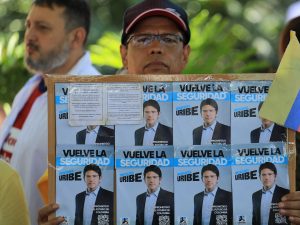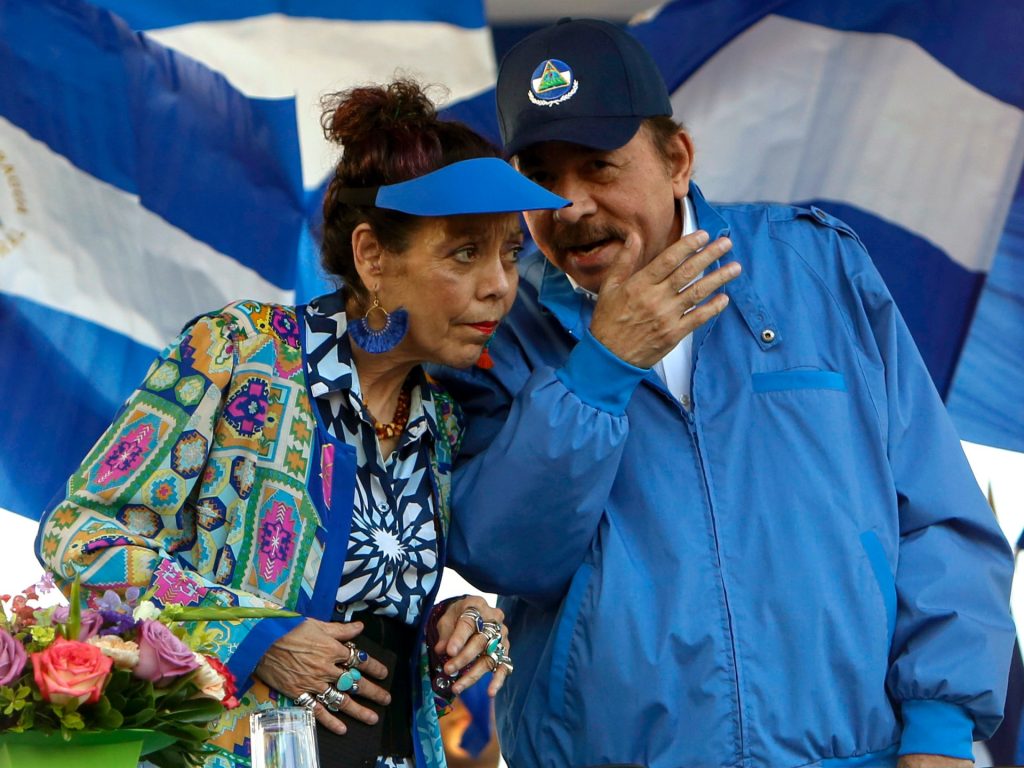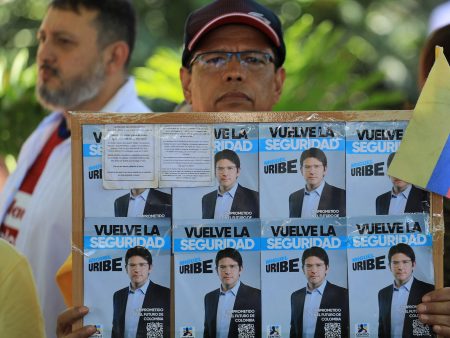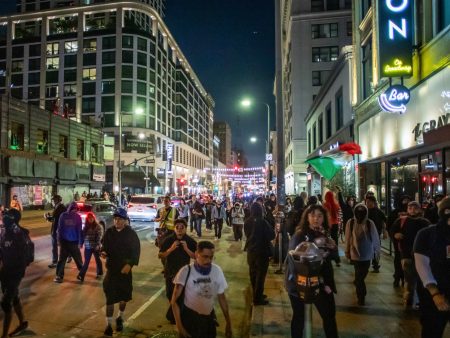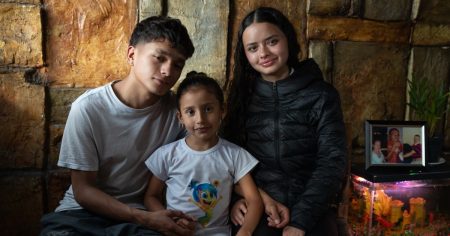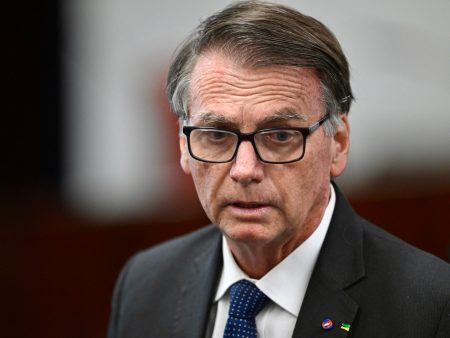The Nicaraguan National Assembly, under the firm control of President Daniel Ortega and Vice President Rosario Murillo, has enacted a series of constitutional reforms that solidify the couple’s grip on power and raise serious concerns about the future of democracy in the country. These reforms, passed without a single dissenting vote, represent the culmination of a years-long trend towards authoritarianism under Ortega’s rule, marked by the suppression of dissent, the erosion of civil liberties, and the dismantling of independent institutions. Critics, including international human rights organizations, have condemned the reforms as a blatant power grab, effectively legalizing the systematic human rights violations that have become increasingly commonplace in Nicaragua.
The most significant change ushered in by these reforms is the formal establishment of a “co-presidency,” granting Murillo, Ortega’s wife, equal executive power. This move further entrenches the family’s dominance over Nicaraguan politics, solidifying Murillo’s role as a key figure in the government and ensuring her succession to the presidency in the event of Ortega’s death or incapacitation, bypassing the need for new elections. The reforms also extend the presidential term to six years, paving the way for potentially decades more of Ortega-Murillo rule. This concentration of power within the executive branch, coupled with the ability of either co-president to appoint an unlimited number of vice presidents, effectively neutralizes any remaining checks and balances on their authority.
The expansion of executive power extends beyond the presidency itself. The reforms grant the government increased control over the media, further restricting freedom of expression and limiting the ability of independent journalists to report on government activities. This tightening grip on information flow aligns with the broader pattern of repression observed under Ortega’s rule, including the closure of non-governmental organizations, religious groups, and universities deemed critical of the government. The reforms also provide legal cover for the controversial practice of revoking the citizenship of individuals deemed “traitors” by the government – a tactic used to silence and exile political opponents.
Ortega’s trajectory from revolutionary hero to authoritarian leader marks a stark transformation in Nicaraguan politics. Once a prominent figure in the Sandinista rebellion against the US-backed Somoza dictatorship, Ortega’s return to the presidency in 2007 has been characterized by a gradual erosion of democratic norms and an increasingly repressive stance towards dissent. The 2018 anti-austerity protests, met with brutal government repression that resulted in hundreds of deaths, marked a turning point, solidifying Ortega’s authoritarian grip and ushering in an era of intensified political persecution.
The government’s targeting of political opponents has extended beyond imprisonment to forced exile and the stripping of citizenship. Numerous activists, journalists, and former Sandinista comrades critical of Ortega’s policies have been forced to flee the country, their citizenship revoked and their assets seized. This tactic, while ostensibly aimed at removing dissenting voices, also creates significant logistical and legal challenges for those exiled, leaving them stateless and struggling to navigate new lives abroad. The testimonies of those exiled highlight the human cost of Ortega’s repressive policies, illustrating the fear and uncertainty that permeate Nicaraguan society.
The international community has expressed growing concern over the deteriorating human rights situation in Nicaragua. Human rights organizations have documented numerous cases of arbitrary arrests, torture, and extrajudicial killings, painting a grim picture of a country where fundamental freedoms are increasingly under attack. The recent constitutional reforms, viewed as further entrenching Ortega’s authoritarian rule, have been met with widespread condemnation. While the long-term impact of these reforms remains to be seen, they represent a significant setback for democracy in Nicaragua and raise serious questions about the country’s future.
